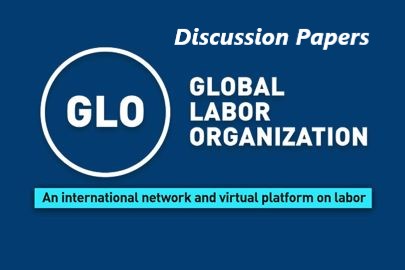This chapter deals with the question of whether labour standards are less relevant or more relevant for the new world of work which is vastly different from the old world of work when most labour standards were first established. The various rationales for labour standards are first outlined. This is followed by a discussion of the changing pressures in the labour market that emanate from various forces: the pressures affecting employers and hence their demand for labour; the changing nature of the supply of labour; changes in forms of employee representation and the legal and regulatory environment in which the parties operate; and changes in the workplace and human resource practices within firms. These pressures lead to a changing role and need for labour standards, generally increasing the need, but also tending to reduce the ability of governments to provide such standards. Some illustrative evidence of the impact of specific labour standards is outlined, followed by a discussion of labour standards in developing and emerging economies. The paper concludes with a discussion of possible elements of smart regulation in this area to deal with the difficult trade-off between the increased need for labour standards confronting the reduced ability of governments to provide such standards.
Publication Type
- Article



